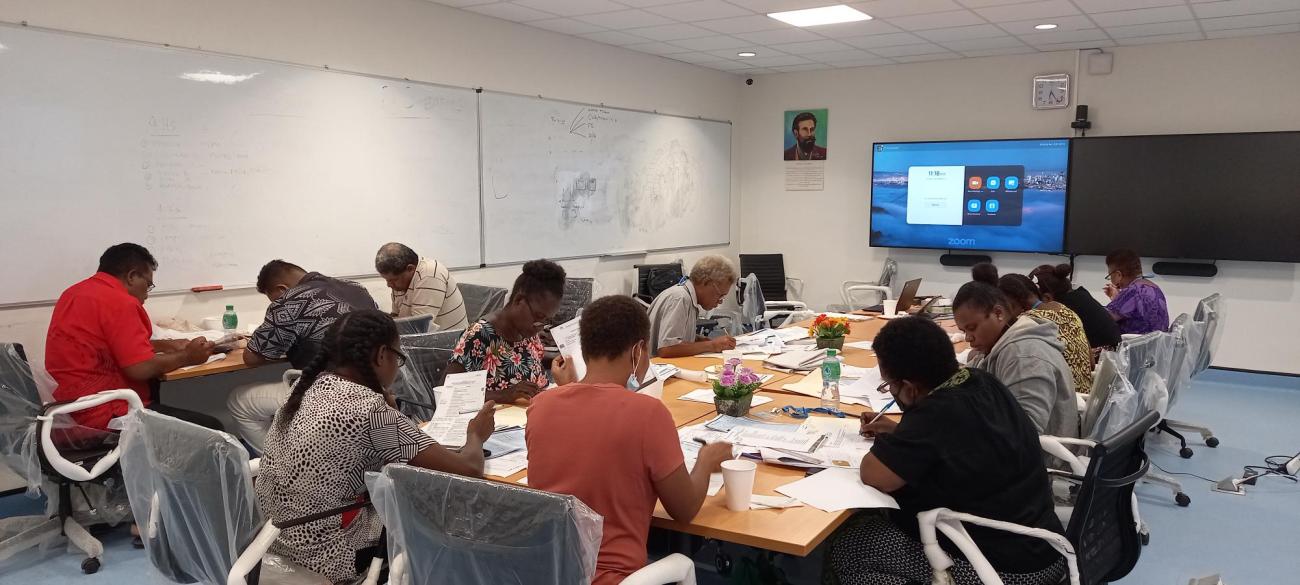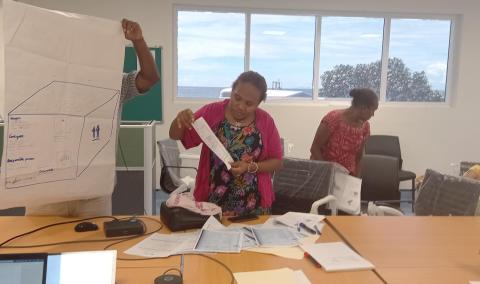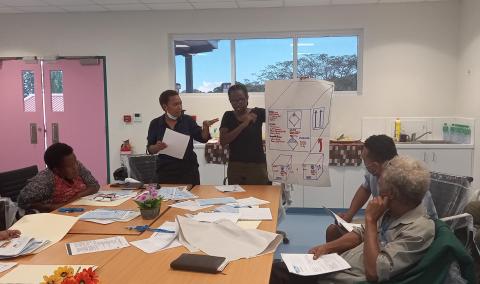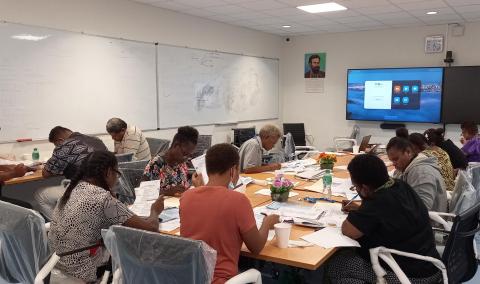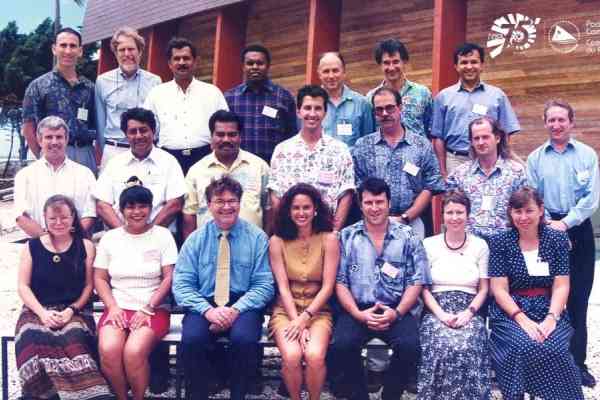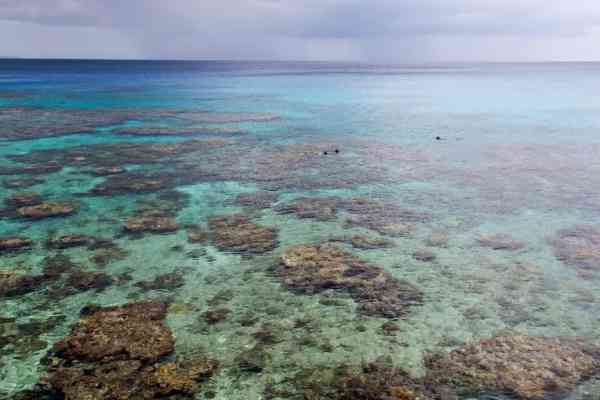The isolation of Pacific Island Countries and Territories (PICT’s) are part of the regions appeal for visitors looking to escape city life for a while. But this isolation also creates unique transportation and knowledge management challenges which are important for maintaining basic services and goods. Nowhere is this challenge more pronounced than health, where close regional cooperation, rapid responses, and efficient transport times are essential.
For many years the Pacific Community (SPC) in collaboration with the International Air Transport Association (IATA) has facilitated trainings with health laboratories across the Pacific. Through these trainings, staff are certified to send samples that are considered infectious as Category A and Category B, and other related hazardous materials via air, from Pacific Countries and Territories, in accordance with the IATA dangerous goods regulations. Prior to these trainings, only a handful were certified to handle and ship infectious substances, and this would cause delays in receiving a patient’s diagnosis and consequently treatment.
SPC with funding support from the Agence Française de Développement (AFD) and Pacific Public Health Surveillance Network (PPHSN) grant from the European Union (EU), has trained 211 staff through the Shipping of Infectious Substances training since 2016.
Recently, this training took place with the Solomon Islands Ministry of Health and was attended by 12 Laboratory officers who are stationed at the Honiara Referral Hospital Laboratory.
Laboratory manager at the Honiara Referral Hospital Alfred Dofai said, “The geographical scatter of our Islands poses a challenge for referral of specimens to the national lab and also to overseas reference lab which is why I see this training as vital, and this will enhance our diagnostic capacity.”
Dr Berlin Kafoa, Director for the Public Health Division said this training allow laboratory staff to attain certification as a handler to ship infectious substances in accordance with International Air Transport Association (IATA) regulations.
“We are building up capacity of our Pacific health staff to ensure a quicker turnaround time for diagnosis. Having health personnel trained to handle and ship infectious substances in different levels of health facilities will allow for timely health interventions for our Pacific people despite our geographical location and prepare PICTs for the next Pandemic”
SPC continues to work in the region with its partners and donors to support PICTs and build capacity in the different areas of health. The shipping of infectious substances training will continue in 2023 as those with accreditation as handlers, will require renewed certification.
For more information, please contact Evlyn Mani, Communications Officer at [email protected].
